9 NFL Coaches Who Got One Shot and Blew It
Coaching in the NFL comes with pressure most people never experience. For some head coaches, that pressure turns into a one-and-done disaster. It could have been bad timing, a poor roster, or just being the wrong fit. But all of these coaches got one chance to lead and couldn’t make it work.
Here are some head coaches who had the opportunity to prove themselves, and they left the field with nothing but questions.
Freddie Kitchens
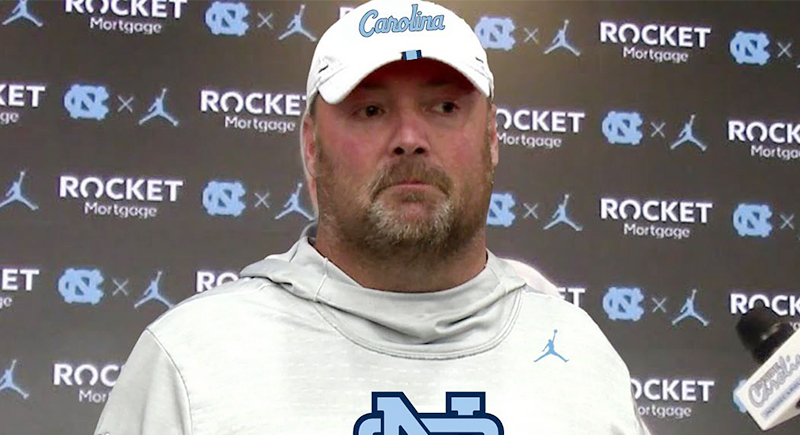
Credit: Instagram
The Browns handed Kitchens the job after Baker Mayfield’s hot rookie season, but things fell apart fast. The offense lost rhythm, penalties piled up, and Cleveland went 6–10 even though there was plenty of talent. Poor leadership and game management did him in. The team cut ties at the close of one year, and Kitchens hasn’t taken up a head coaching role again.
Urban Meyer
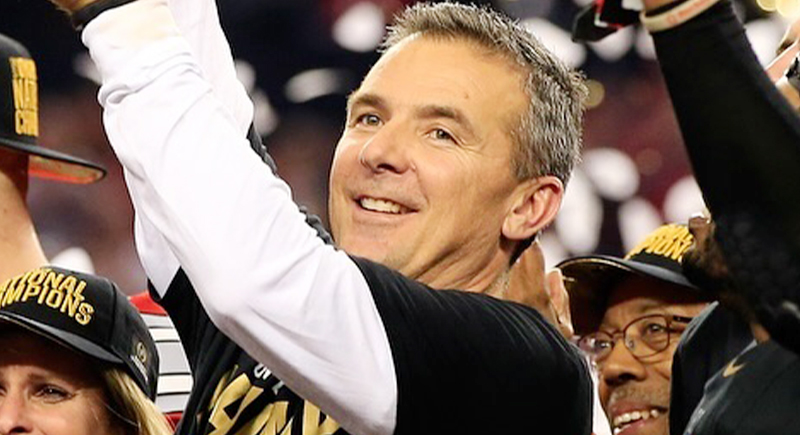
Credit: Instagram
Everything about Meyer’s time in Jacksonville went sideways. Off-field headlines overshadowed on-field progress, and players openly criticized his style. He posted a 2–11 record before the Jaguars fired him midseason. The college legend quickly became a cautionary tale about what doesn’t translate to the pros.
Jim Tomsula
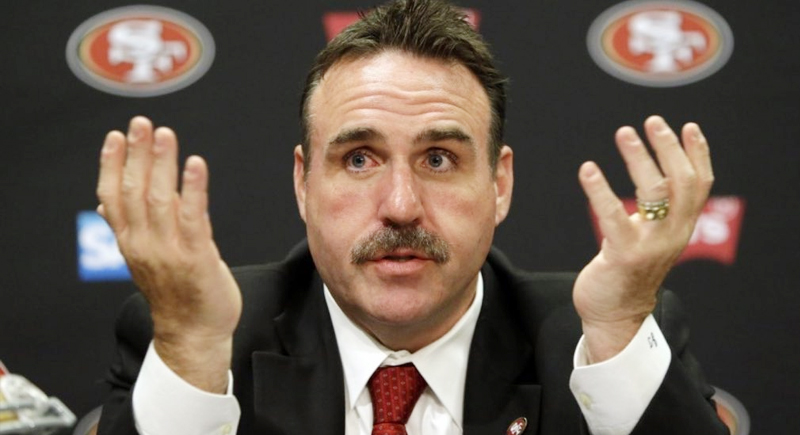
Credit: X
Promoting from within doesn’t always work. Tomsula’s team finished 5–11 after losing several key players from the Harbaugh era. His press conferences baffled reporters, and his conservative play-calling couldn’t spark positive outcomes. San Francisco moved on after one awkward and forgettable period.
Lou Holtz
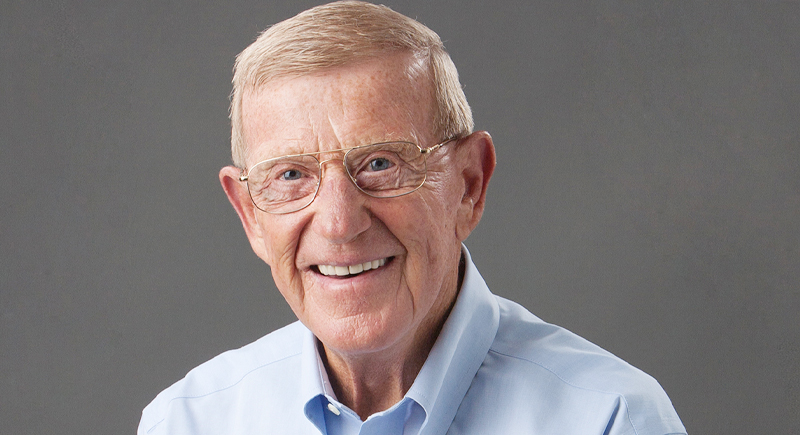
Credit: Wikimedia Commons
College credentials couldn’t save Holtz in the NFL. His 3–10 record with the Jets included friction with players and difficulty adjusting to the pro game. He resigned before finishing the season and returned to college football, where he rebuilt his career.
Bobby Petrino

Credit: X
Midseason exits don’t get more infamous. Petrino went 3–10, then left a note in the locker room and vanished—literally flying to Arkansas for a college job. His name still brings up bad memories in Atlanta and around the league.
Nathaniel Hackett
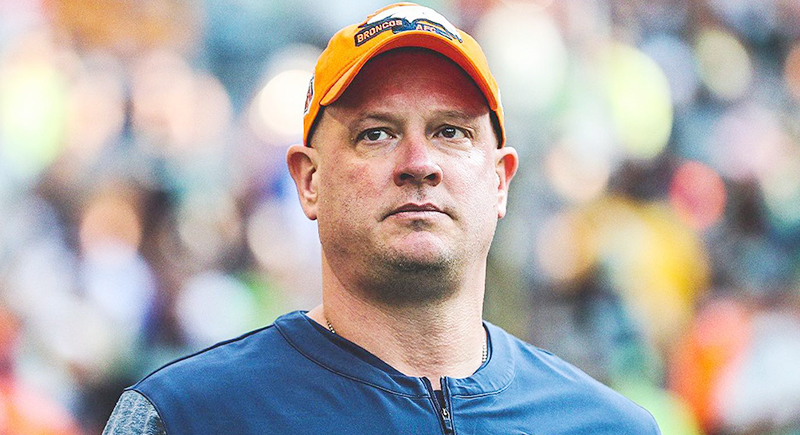
Credit: Instagram
Once Denver landed Russell Wilson, expectations skyrocketed, but the conclusion unraveled fast. Clock mismanagement, confusing play calls, and stalled drives turned every game into a mess. Fans booed. Players looked frustrated. And 15 games later, the team made a change. Nathaniel Hackett’s brief tenure became a textbook example of how fast things can collapse.
Steve Wilks
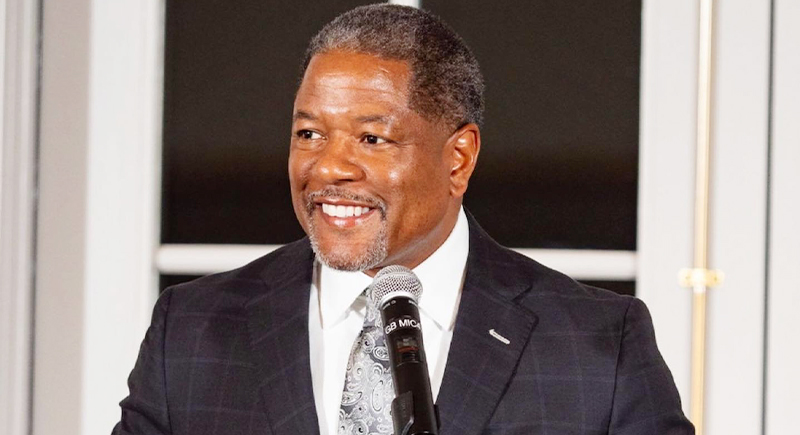
Credit: Instagram
Arizona’s offense ranked last in nearly every major category during Steve Wilks’ 2018 campaign. Rookies faced challenges, veterans underperformed, and the coaching staff failed to adjust. Wilks came in with a defensive background, but the team showed little cohesion. The Cardinals limped to 3–13 and bottomed out by year’s end.
Bill Peterson
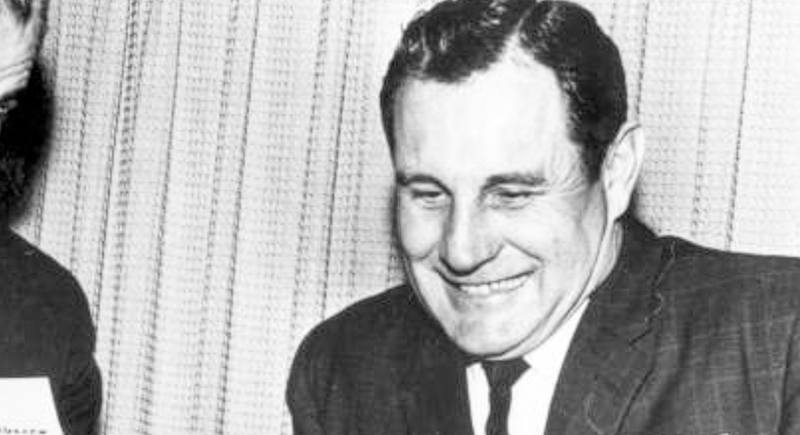
Credit: Wikimedia Commons
Peterson’s stint ranks among the worst in league history with a record of 1-18 across two entire seasons. Players reportedly struggled to grasp his approach, and his in-game decisions drew weekly criticism. The Oilers lacked identity and direction, and ultimately made sweeping changes to distance themselves from his failed leadership experiment.
Les Steckel
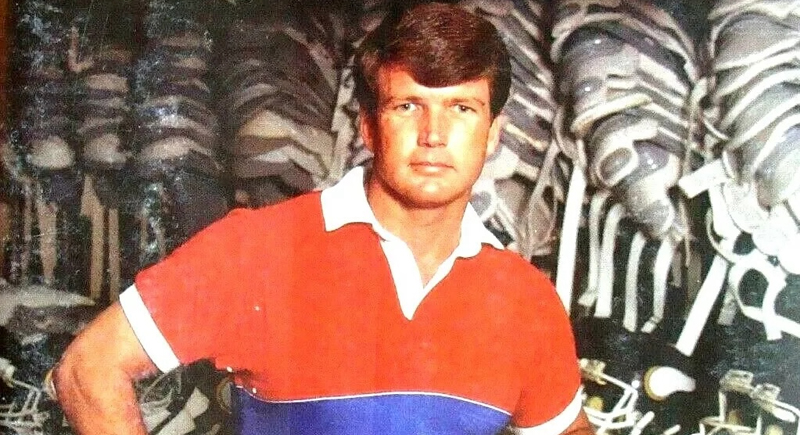
Credit: X
Steckel’s military-style coaching turned off the locker room almost immediately. The 1984 Vikings dropped to 3–13, the worst score in franchise history at that point. Steckel emphasized discipline and structure but was unable to build trust or accountability. Players didn’t respond, and Minnesota reverted to its previous coach the following season.
Frank Gansz
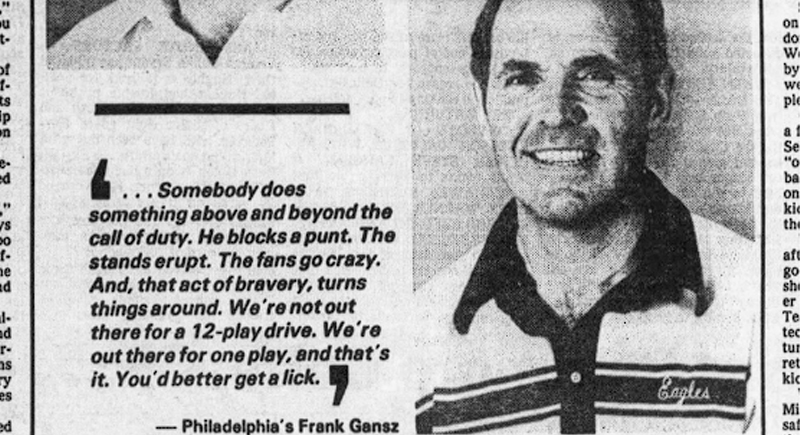
Credit: X
Even as an outstanding special-teams coordinator, Gansz couldn’t generate wins from the big chair. The Chiefs showed occasional flashes in 1987 and 1988 but lacked consistency in all three phases. Fans grew impatient with the team’s poor starts, and back-to-back losing records sealed the front office’s decision to make a change.
Steve Spurrier
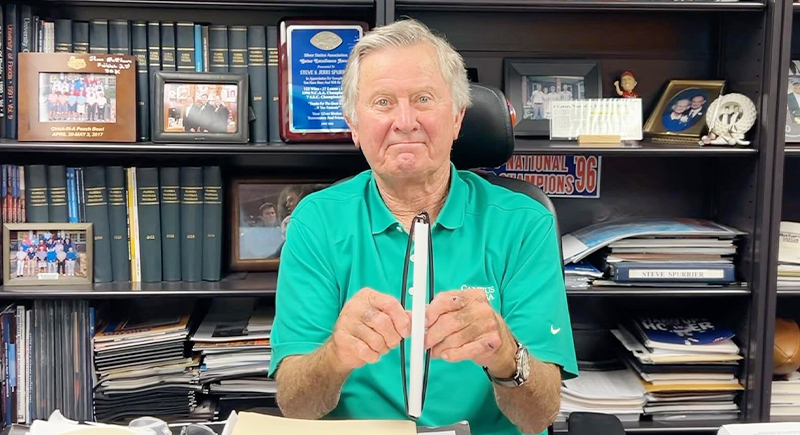
Credit: Instagram
Washington gave Spurrier full control of the offense, but it never clicked. Players called out the scheme, and opponents picked it apart. His scorecards over two seasons reflected more hype than execution. His team struggled with fundamentals and cohesion, despite some early flashes from his spread-style passing attack.
Marc Trestman
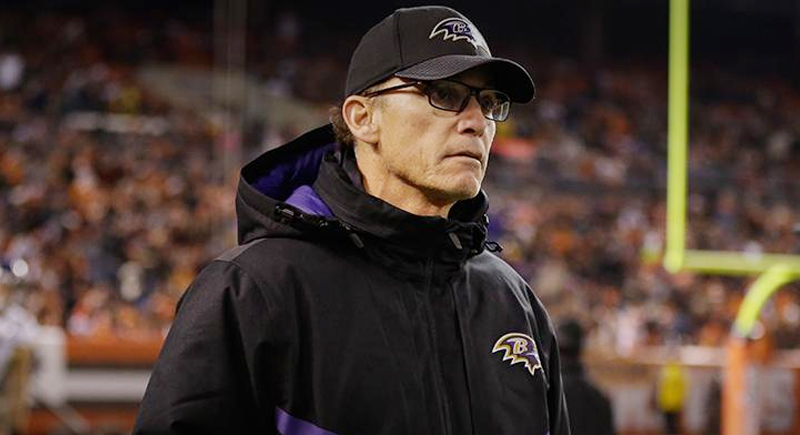
Credit: X
Chicago’s offense lit up scoreboards at times, but defensive meltdowns and leadership friction doomed Trestman’s tenure. Players questioned his approach behind the scenes. A 5–11 finish in his second season followed a .500 debut. The Bears failed to compete in key divisional matchups, and the team’s identity felt unclear throughout.
Jeff Saturday
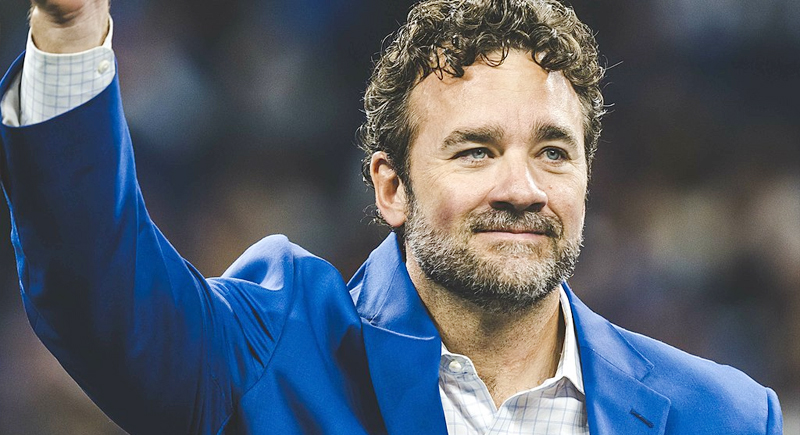
Credit: Wikimedia Commons
After being handpicked by ownership, Saturday went from the ESPN studio to the NFL sideline in a week. The Colts won his debut but then collapsed. The offense couldn’t move the ball, and a historic blown lead to the Vikings headlined a rough stretch. Saturday’s team went 1–7, and confidence in the locker room didn’t return.
David Shula
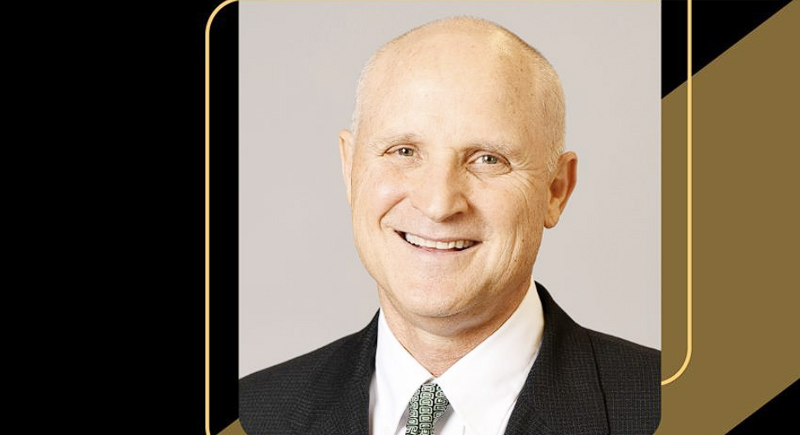
Credit: Instagram
Despite five full seasons in Cincinnati, Shula’s team consistently disappointed fans. Draft misses, quarterback instability, and lackluster defense led to a score of 19–52 from 1992 to 1996. His last name carried weight, but critics argued his promotion came too soon, and the team showed no improvement under his direction.
Joe Judge
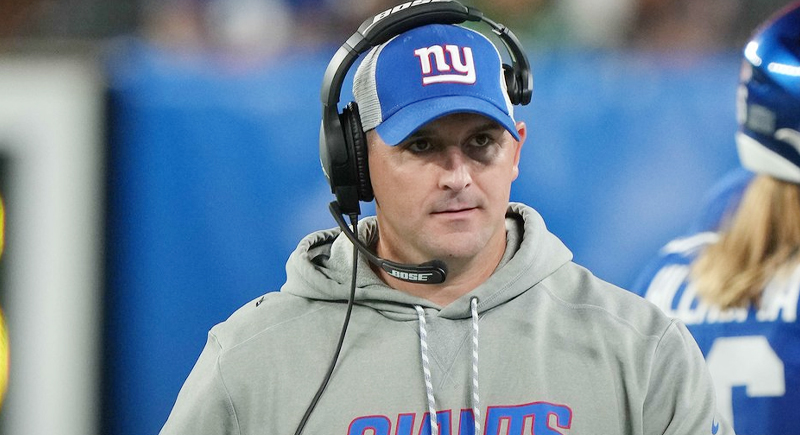
Credit: X
Judge was a tough-minded coach with special-teams roots who initially brought optimism. But the Giants collapsed in year two, and fans turned quickly. The offense was historically bad late in the season, with bizarre play-calls like quarterback sneaks on third down. His run ended with back-to-back double-digit loss campaigns.
Jim Zorn
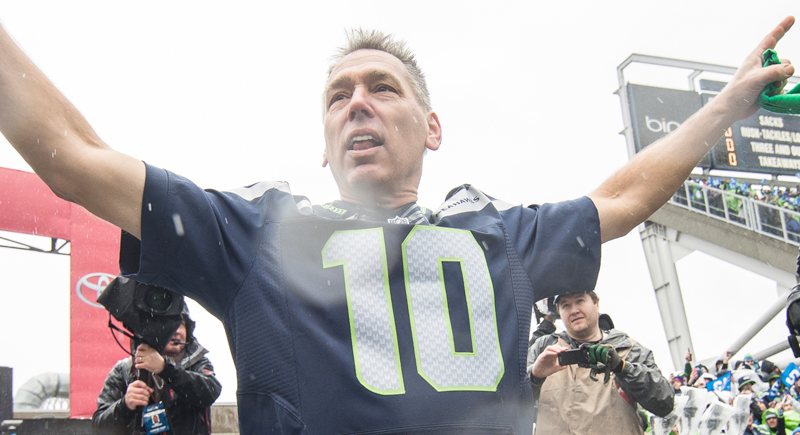
Credit: X
Although he was initially hired as an offensive coordinator, Zorn unexpectedly took the head job. The offense started hot but fell off dramatically. His play-calling was stripped midseason and signaled a loss of trust from the front office in the second year of his tenure. Washington finished 12–20 during his tenure, and team dysfunction overshadowed any momentum.
Richie Petitbon
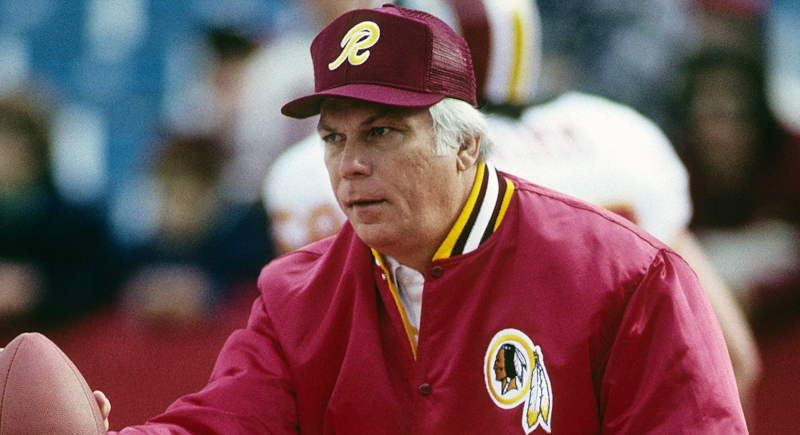
Credit: Facebook
Following in Joe Gibbs’s footsteps was a tough task. Washington slid to 4–12 under Petitbon, who had issues controlling a fading roster and aging veterans. The offense lacked spark, and the team’s identity vanished. He was fired only a season later. Regardless of his years as a respected assistant, Richie Petitbon wasn’t given another head coaching opportunity.